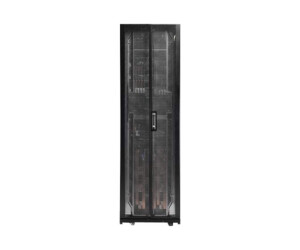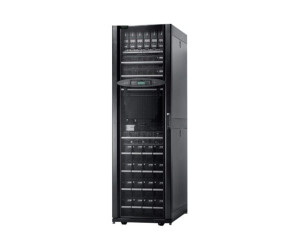





The "FCC" label stands for "Federal Communications Commission" and refers to the certification of electronic devices by the U.S. telecommunications regulatory agency. The FCC certification ensures that the devices comply with the established standards for wireless communication and electromagnetic compatibility. It is required for all devices to be marketed or used in the United States to ensure compliance with FCC guidelines and regulations.
The benefits of FCC certification are diverse. Firstly, the FCC label indicates that the certified device meets the stringent standards for wireless communication. This ensures reliable and interference-free radio transmission without causing disruptions to other devices or systems. FCC certification provides consumers with confidence that the device meets the necessary technical requirements and operates properly.
Another advantage of FCC certification is simplified market access in the United States. Certification ensures that the device complies with regulatory requirements and can be legally distributed and used in the U.S. Without FCC certification, manufacturers may encounter difficulties introducing their devices to the U.S. market and may face legal consequences.
The technologies behind FCC certification involve extensive testing and evaluation procedures to ensure electromagnetic compatibility and device compliance. These tests include measuring the electromagnetic emissions of the device to ensure they are within the specified limits and do not cause interference to other devices or systems. Additionally, tests are conducted to verify the device's immunity to external electromagnetic disturbances. Specialized testing laboratories and certified testing bodies perform these tests to verify compliance with FCC standards.
There are different certification levels within the FCC system based on specific device requirements and characteristics. Some examples of certification levels are:
Verification:
Certification:
The significance of energy efficiency today is immense. Given the limited resources and growing environmental concerns such as climate change and energy consumption, it is crucial to use energy-efficient products. While the FCC certification does not directly focus on the energy efficiency of a device, choosing an energy-efficient device can provide additional benefits and help reduce overall energy consumption.
Possible challenges or limitations associated with FCC certification may include manufacturers having to meet strict technical requirements to obtain certification. This requires extensive testing and potentially making design or configuration adjustments to comply with the required standards. Additionally, the costs associated with conducting the necessary tests and applying for certification can be a challenge, especially for smaller manufacturers.
Customer reviews play an important role in evaluating FCC-certified products. The experiences and feedback from other customers can provide valuable information about the performance, quality, and reliability of a device. Customer reviews can be found on various platforms, online shops, or product review websites. It is advisable to read customer reviews and compare different products to choose the appropriate FCC-certified device that best fits individual requirements and expectations.
FCC certification ensures that electronic devices comply with the established standards for wireless communication and electromagnetic compatibility. It offers numerous benefits such as reliable radio transmission and easier market access in the United States. Although FCC certification does not directly focus on energy efficiency, the significance of energy efficiency today is undeniable. Customer reviews can provide valuable insights into the quality and reliability of FCC-certified devices.





| id | title | mpn | price | manufacturer |
|
from *
/ |

